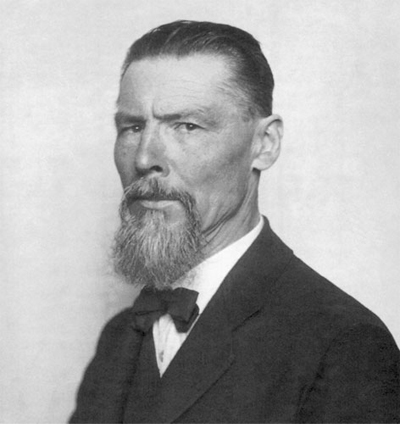The fact that the modern era generally classifies itself as "post-ideological" most likely means that we are more immersed in ideology than ever before. An example is how the modern (bourgeois) liberal society relates itself to MLK Jr.; as a welfare-capitalist movement that "has a dream" of equality in general, forgetting that many of the efforts the man fought for were formerly reserved for communists and socialists. Worker unions, the right to strike, universal suffrage, etc. were all considered communist ideals until recently, as they have become part of modern "people-friendly" capitalism. In fact, as I read through the demands at the end of my copy of the Communist Manifesto, I see the following included: "Every German over 21 years of age shall be able to vote and be elected, provided he has no criminal conviction," "All means of transport: railways, canals, steamships, roads, posts, etc., shall be taken over by the state. They are to be transformed into state property and put at the free service of the needy," and "Universal and free popular schooling." Now, how many of your typical hippie-capitalist CEO's of Starbucks and other such smiley-face corporations will disagree with those demands? Do we not swallow those down today as goals capitalism itself should pursue and protect? And yet, what would these profiteers think if they found out these same ideals were Marxist? That is what Zizek means when he asserts that ideology most often appears as its opposite, non-ideology.
One of the major reasons for this disavowal of ideology is an elementary Freudian one: we repress our real social actions and behaviors and substitute a deeply emotional and "humanized" story of our "inner self" instead. If it's true that an enemy is someone "you've never heard their story from," is it true we could sympathize with Hitler if only he were to tell us of his personal struggles? Of course not. We should resist that idea altogether. The reality of a person is what you get under psychoanalysis, occasional tongue-slips, or with some people, in candid conversation. That is why your biggest capitalists like to relate themselves with humanitarian figures today--they mask their latent exploits, scams, and selfish schemes and desires with charities and stories of personal struggle. Sure, this is a bit of a generalization. But if there is ever to be resistance to the problems we face in modern society, there's always need of a little generalization. Nietzsche would be proud to have his book title acknowledged in such an aggressive social analysis.

 Predjama Castle
Predjama Castle
 Alan Greenspan
Alan Greenspan Tea Party Protests
Tea Party Protests